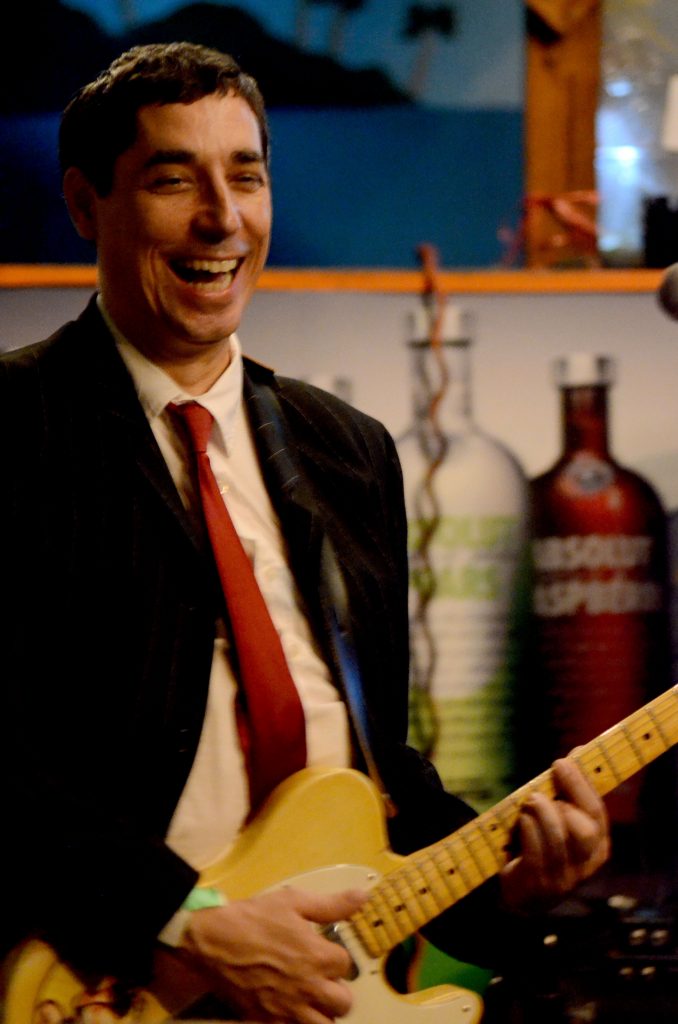Scott Putesky
I never met or even saw the public figure known as Daisy Berkowitz. I knew his inventor: Scott Mitchell Putesky, the guitarist and songwriter who took “Daisy Berkowitz” as his stage name in Marilyn Manson, a band of alter egos spliced from starlets and serial killers.
Putesky, who died of cancer on October 22 at age 49, co-founded Marilyn Manson in Fort Lauderdale with the band’s eponymous frontman, Brian Warner, as an antidote to their surroundings: South Florida in the late ‘80s, an emerging coastal metropolis of shopping centers and megachurches.
The scaly underside they spied around them didn’t stop at sun belt suburbia. Originally known as Marilyn Manson & The Spooky Kids, they were American social coroners, writing autopsies of personal and cultural downfall with thumping screamers like “Get Your Gunn” and slow bleeders like their cover of “Sweet Dreams (Are Made of This).” In some communities, these goth-metal-industrial princelings, with their hipster taste for horror and air of clownish menace, made fearful, offended adults figuratively plug their children’s ears. To less invested observers — and to an extent within the band — it was all terribly funny.
That was a past chapter by the time we met. Putesky had left the Manson fold and waged (and won) a legal battle over songwriting credits. In the late ‘90s, he was figuring out how much of his Manson legacy to hang on to and what to lose. I think that remained the central question of his life as he negotiated between his résumé and his aspirations.
A talented and inventive musician, Putesky stayed in Fort Lauderdale and continued to support the scene he had helped to build. He collaborated with kindred spirits Jack Off Jill and formed new bands — Stuck on Evil, Kill Miss Pretty — with other South Florida mainstays. He recorded and released music on his own as Three Ton Gate. He oversaw a DVD release of early Spooky Kids material (also litigated).
The person at the center of this conflict was different than I imagined. Putesky had an edge, sharpened by experience, but he was also vulnerable, witty and generous. You could engage him over drinks at venues like the Poorhouse. His fame opened doors but I never saw him wield it hurtfully. Behind, or alongside, the shock-trooper Daisy was a real human being.
~ Sean Piccoli












